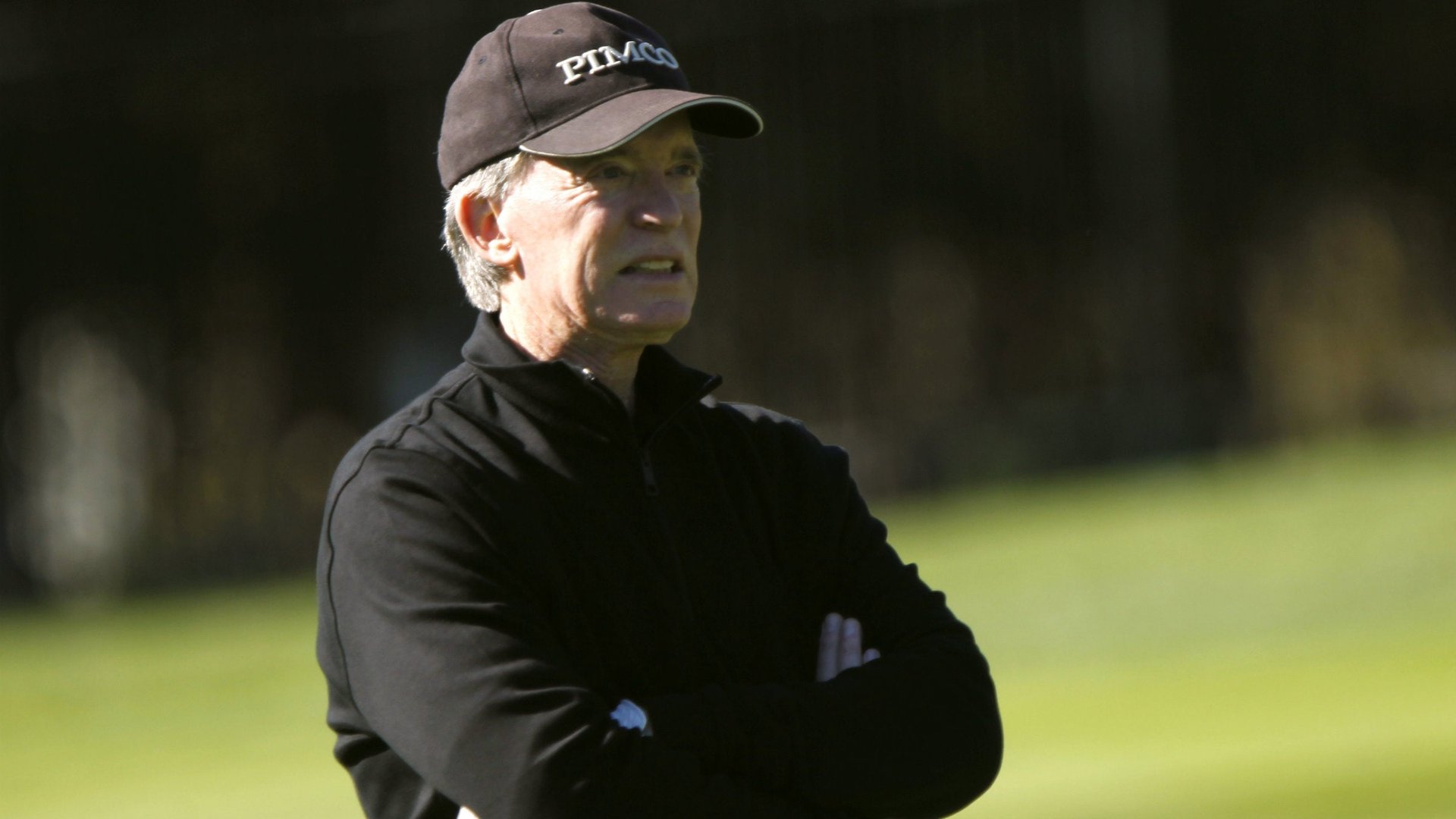What Pimco’s Bill Gross told investors during his worst year in two decades
2013 was a terrible year for investing in safe haven assets, most prominently gold, but also government bonds. So it shouldn’t be that surprising that it was also a difficult year for the world’s biggest bond fund.


2013 was a terrible year for investing in safe haven assets, most prominently gold, but also government bonds. So it shouldn’t be that surprising that it was also a difficult year for the world’s biggest bond fund.
Pimco’s $244 billion Total Return Bond just chalked up its worst year since 1994, and only its second year of negative returns since its inception in 1987. Sure, the fund only declined by 1.92%, and it still beat its benchmark. But when you consider that US stocks were up 30% last year, the opportunity cost of investing in it was pretty high.
Bill Gross, Pimco’s founder, and the manager of the Total Return Fund, each month pens a verbose, generally well-balanced, missive detailing his investment outlook. The message in 2013 was pretty consistent: the Federal Reserve’s massive money printing (aka quantitative easing, or QE) will eventually end, hurting riskier assets like stocks.
This thesis wasn’t profitable in 2013, but there’s every chance it will eventually come through—especially over the 50-year timeframe Gross wishes to be judged on. And, for what it’s worth, Pimco is ramping up its equities offerings.
Here are some of the best quotes from Gross’s monthly investment notes in 2013. (You can read his lengthy tomes in full here.)
January
“‘Costless’ check writing does indeed have a cost and checks cannot perpetually be written for free.”
February
“Accept lower future returns in portfolio planning.”
March
“Pimco cautions ‘rational temperance’: be bullish if you want, but lower return expectations on all asset classes.”
April
“Investors should be judged on their ability to adapt to different epochs, not cycles. An epoch may be 40-50 years in time, perhaps longer.”
May
“Give your own portfolio a trim as the year goes on. In doing so, you will give up some higher returns upfront in order to avoid the swift hand of Sweeney Todd.”
June
“More and more debt cannot cure a debt crisis unless it generates real growth.”
July
“The bond market ship is not sinking. Expect low but positive returns in future years.”
August
“Unconstrained strategies, alternative assets and stocks will be flexible choices in a dynamic future environment. We want to continue managing them for you. But don’t give up on bonds.”
September
“In an unstable global economy that is increasingly difficult to stabilize, an investor should seek out the most stable of assets. At the extreme, that would be cash in the world’s most stable currency.”
October
“The Fed will have to taper, cease and then desist someday. They can’t just keep adding one trillion dollars to their balance sheet every year without something negative happening”
November
“Investors in the US and elsewhere must look for investment in the real economy, not share buy-back maneuvers that artificially elevate stock” prices.
December
“Global economies and their artificially priced markets are increasingly at risk, but the unwinding may occur gradually.”